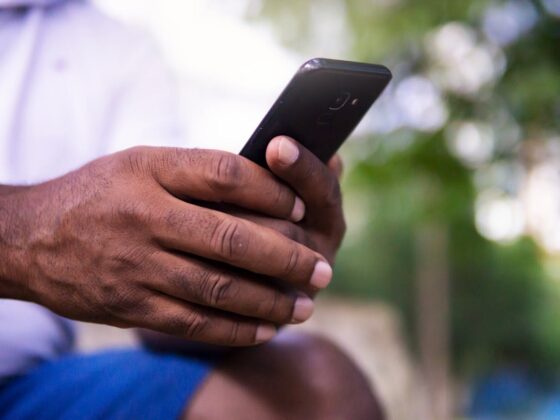
We live in a day and age where nearly every aspect of our lives has been impacted by modern technology. From smartphones and tablets to smart homes and voice-activated assistants, technology is all around us, following us at every step, advancing faster than it ever has and changing the world as we speak.
We should be grateful for all the ways in which tech tools and solutions have improved our lives on so many levels: communication has become faster and easier as we are able to connect with anyone anywhere through a variety of channels; the advent of the internet has provided us with easy access to information; automation in the workplace has relieved us of performing repetitive and dangerous tasks, enhancing productivity and safety, and the list of benefits could go on. But at the same time, we should not overlook the shortcomings and the dangers associated with the intense use of technology.
The dark side of technology
Too much of a good thing can turn into a really bad thing and that can also be applied in this case. Technology is one step away from taking over our lives, not in the sense of AI replacing humans and gaining dominion over the world type of dystopia, but in the sense that we’re no longer able to complete routine tasks without the assistance of digital devices.
Some people struggle to perform the simplest actions if they are deprived of their beloved gadgets, and forget that life is not limited to screens and smart touch interfaces, so apart from becoming more disconnected we’re also losing our practical sense. For example, most people know how to use a GPS device but have no idea how to read a map or use a compass.
What’s more, we’re so accustomed to treating smart devices as an extension of ourselves that we’ve become oblivious to the threats that lie hidden in the virtual space and let our guard down when navigating the world wide web. This leaves the door wide open to all sorts of hazards like data breaches, phishing, identity theft or ransomware attacks. If anyone falls victim to cybercrime, they should immediately alert relevant authorities and look into data breach compensation in case of emotional or material damage. You can learn more on this at https://www.databreachcompensationexpert.co.uk.
Keeping tech from taking over
The point is technology dependency has made us lazy and complacent and that is taking a toll on our mental and physical health. So, what can one do to limit the use of technology and the negative consequences that come with it?
Know where to draw the line
For starters, you can establish some digital boundaries to build a healthier relationship with tech. Instead of scrolling on your social media feed for hours until you finally get tired and fall asleep, you can set some ground rules and use your phone only in certain intervals and put it out of sight the rest of the time. For example, you can turn your phone off while working, eating or before going to sleep so you’re not tempted to check it every couple of minutes.
If you’re not comfortable with turning off your phone, you can at least turn off unnecessary or irrelevant notifications that waste your time. There are also various apps like Moment and Screen Time that can help you track and manage your phone and app usage, and ensure you don’t spend more time than necessary utilizing these devices.
Another way to reduce your tech reliance is to take the old-school approach and replace it with manual or analog alternatives. Long before smartphones or computers were invented, people used to send hand-written letters and notes, play board games instead of video games, read physical books instead of using Kindle, listen to music on vinyl rather than CDs or digital formats, and so on.
Engage in face-to-face socialization
It’s important to step away from screens every once in a while and engage in face-to-face communication. Social media and messaging apps provide increased connectivity as they allow users to stay in touch with people from all over the world. But these applications don’t provide the same emotional connection as in-person interactions, so in a way, we’re growing more disconnected due to tech devices.
Communicating directly with others provides a bigger mood boost than tech-mediated socialization, although it might be less convenient. Besides, spending time with people can also help one build confidence and self-esteem, so make time to meet up with your friends more often or join a club if you want to lead a happier and healthier life.
Do a digital detox
It can also be beneficial to take a break from technology altogether by planning a digital detox. It might be daunting and difficult to go days without using technology since you probably have your whole life wrapped around using electronic devices and digitalization is something you can’t really escape. But you can at least give it a try and start small by taking short breaks from time to time.
You’ll have more time to do the things you love and that you probably forgot about because you were too busy looking at some screens. Even small actions like leaving your phone at home while you take a walk in the park can help you break your bad tech habits.
Final thoughts
Technology is not inherently bad but it can negatively impact your life if its usage is left unchecked. It’s therefore important to learn how to take advantage of the benefits it provides while also making sure you don’t become too reliant on it. Reassessing your relationship with technology and establishing healthy boundaries can help you avoid the adverse effects of digitalisation and improve your well-being.







